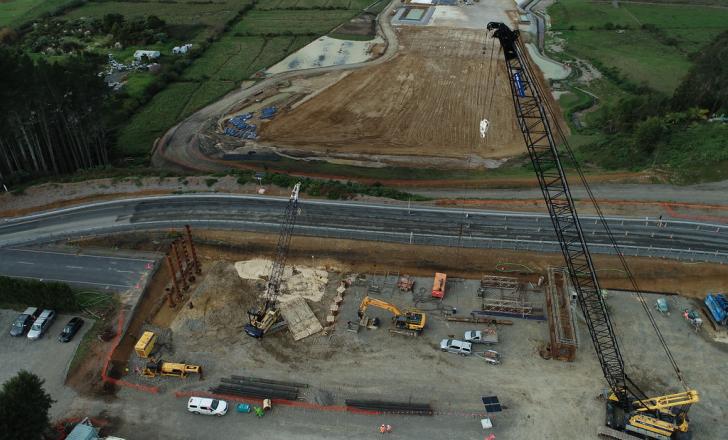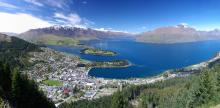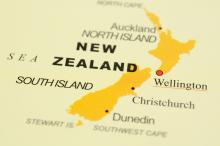
Figures released under the Official Information Act show the cost of projects in the Bay of Plenty has risen from US$391.16 million to $740 million.
Only one of the eight major New Zealand highway projects remains on budget and on time, according to a report in The Herald newspaper.
The reasons for the cost hikes and construction delays remain multiple. Among them are design changes, labour and materials shortages, higher fuel and materials prices and the pandemic COVID-19 restrictions.
Stage 1 of construction of Tauranga's Takitimu North Link project has gone from $176 million in 2018 to just over $400 million, with further rises expected. The first stage will connect the city of Tauranga and the rural community of Te Puna with a 14km four-lane expressway and shared path - between State Highway 29 Takitimu Drive Toll Road and State Highway 2 Ōmokoroa intersection.
Stage 2 will run around 7km from Te Puna to Ōmokoroa, a town of around 3,000 along the Bay of Plenty coast.
A tolling assessment is in progress or Stage 1 and is expected to be completed this year. Depending on the outcome, the Waka Kotahi - the national government's transport agency - may recommend tolling to the minister of transport and there could follow a public consultation, likely in 2023.
Design and construction of the project is being led by the joint venture of Fulton Hogan and HEB, which is part of Vinci Construction International. Construction law firm BBO – Brown Beattie O’Donovan - is the principal’s advisor. The design of Takitimu North Link is being delivered by engineering design consultancy Beca, with Holmes Consultancy as a subconsultant.
Tauranga, on the Bay of Plenty, is one of New Zealand's main centres for business and international trade, with its port the country’s largest in terms of gross export tonnage. Tauranga is also one of New Zealand's fastest-growing cities and the fifth most populous city with an urban population of around 155,200.







